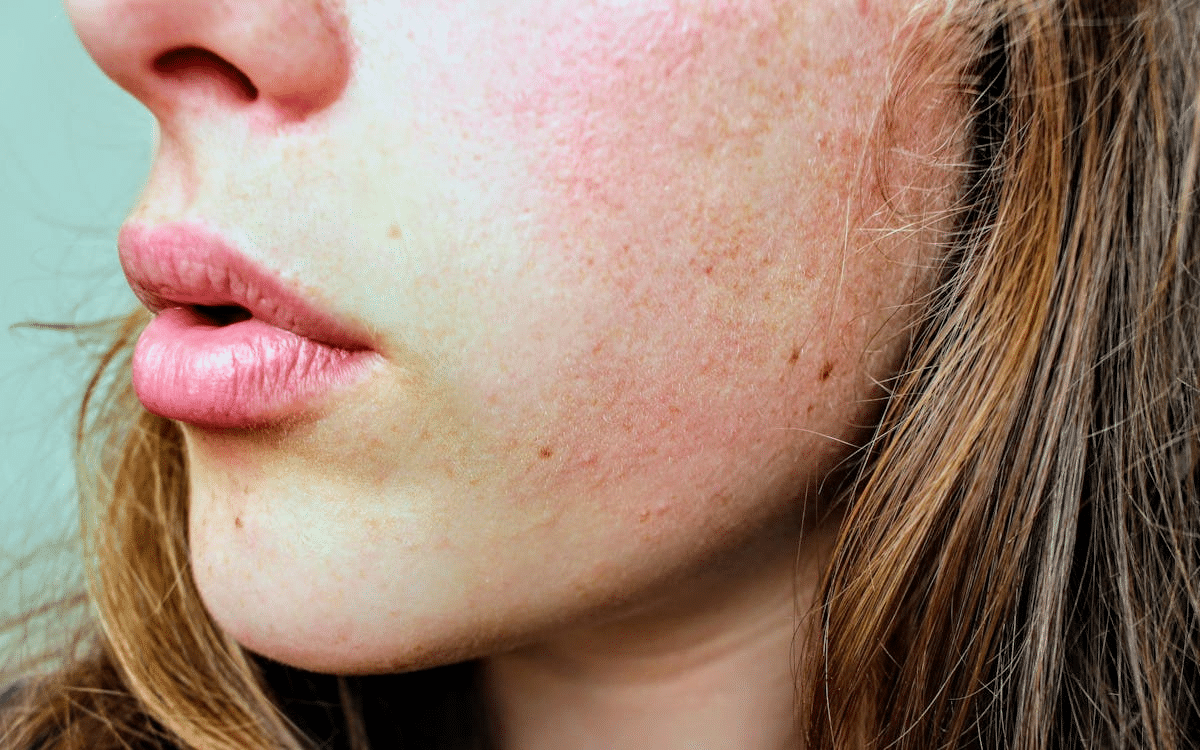When it comes to caring for baby skin, parents often turn to natural oils, assuming they’re safe and nourishing. Coconut oil and sunflower oil are particularly popular choices due to their natural origins and moisturizing properties. However, recent studies highlight that these oils may not always be the best options for newborns. While they offer some benefits, they can also pose risks to the development of the skin’s natural barrier, which is vital for protecting against moisture loss, allergens, and eczema.
The Skin Barrier: A Crucial Defender
Baby skin is incredibly delicate and still developing. The outermost layer of the skin, known as the stratum corneum, plays a critical role in maintaining hydration and keeping harmful substances out. The lipid lamellae—a key structural component of the skin barrier—are essential for this protection. Disruptions to this structure can lead to increased water loss, irritation, and even a higher risk of developing conditions like atopic eczema.
What Research Says About Sunflower Oil
A study conducted at The University of Manchester examined the effects of olive and sunflower oil on baby skin. Researchers found that while sunflower oil improved skin hydration, it also delayed the development of the lipid lamellae structure. This means that while the oil might make the skin feel soft in the short term, it could impair the skin’s ability to function as a protective barrier.
Moreover, sunflower oil’s high linoleic acid content is generally considered beneficial for maintaining the skin’s natural barrier. However, the study suggests that even sunflower oil may not be ideal for newborn skin, as it can slow the natural maturation of the barrier.
Concerns About Coconut Oil
Coconut oil is another common choice for baby skincare, celebrated for its moisturizing and antimicrobial properties. However, it is also comedogenic, meaning it can clog pores and potentially exacerbate conditions like baby acne. Additionally, while coconut oil contains lauric acid, which has antibacterial properties, it is high in saturated fats that may be too heavy for a baby’s sensitive skin.
It might not be suitable for all babies, especially those with pre-existing skin conditions or sensitivities. A patch test is essential before using coconut oil extensively.
The OBSeRvE Study: A Cautionary Tale
The OBSeRvE study, a pilot trial published in Pediatric Dermatology, evaluated the effects of olive oil, sunflower oil, and no oil on neonatal skin. The findings revealed that:
- Both olive and sunflower oil improved skin hydration at the top layer only.
- However, both oils significantly delayed the improvement in lipid lamellae structure compared to the no-oil group.
The study concluded that caution should be exercised when recommending sunflower oil for neonatal skin, as their long-term effects on skin barrier development remain uncertain.
Practical Recommendations for Baby Skincare
- Avoid Sunflower and Coconut Oil for Newborns: Given the current research, it’s best to avoid using oils like sunflower and coconut oil on newborns, especially during the first few weeks when their skin barrier is still developing.
- Opt for Barrier-Friendly Products: Choose gentle oils that closely mimic the skin’s natural sebum production and supports the development of the skin barrier like our ultra gentle baby oil found here.
- Patch Test: If you decide to use any oil, perform a patch test on a small area of the baby’s skin and monitor for 24 hours for any adverse reactions.
- Consult a Pediatric Dermatologist: If your baby has sensitive skin or conditions like eczema, consult a dermatologist for tailored advice.
- Focus on Gentle Skincare: Use lukewarm water for baths, avoid harsh soaps, and moisturize with dermatologist-recommended products.
- Best Baby Oil- We only use 3 cold-pressed ingredients that were chosen for their supportive benefits on baby skin. Ultra gentle and effective for hyper sensitive skin. View here. No fillers, No chemicals, No fragrances.
Final Thoughts
While natural oils like coconut and sunflower oil seem like harmless choices for baby skin, recent research suggests that they might not always be ideal. Their potential to disrupt the skin’s natural barrier, coupled with individual variability in how babies’ skin reacts, makes it essential to proceed with caution. For parents seeking the best care for their baby’s skin, prioritizing products that support barrier development and consulting healthcare professionals are crucial steps to ensure healthy, happy skin for their little ones.




